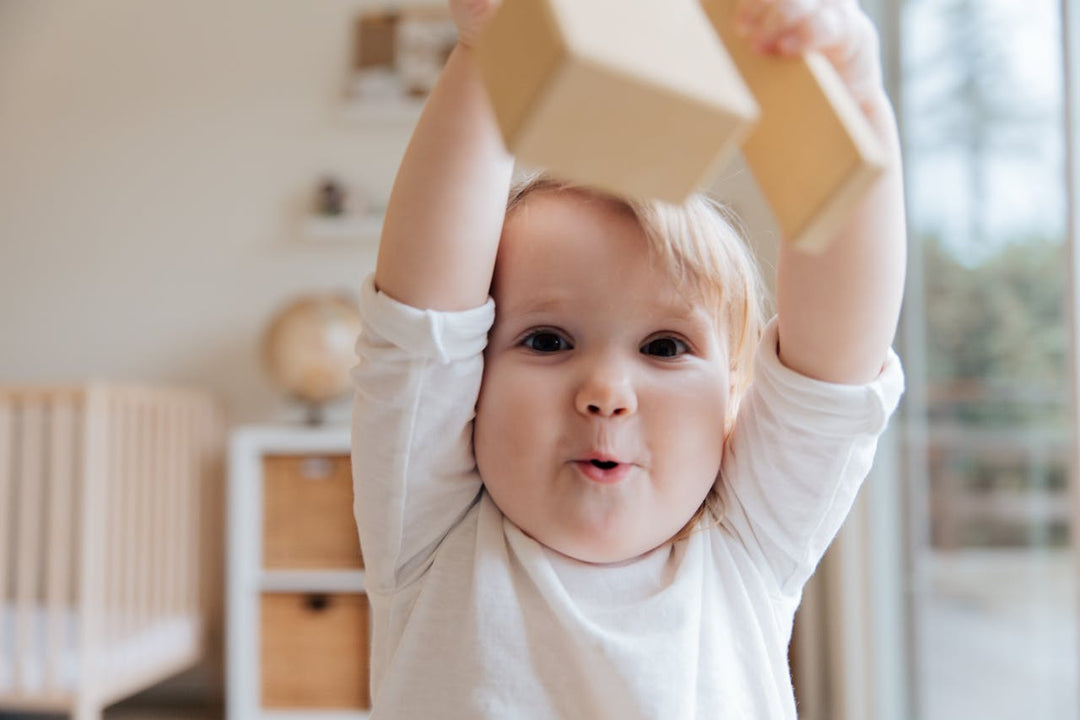How Montessori Teaches Practical Life Skills

The Montessori method is unique in how it integrates the teaching of practical life skills into early education. This approach acknowledges that practical skills are not just about completing tasks but also about fostering independence, confidence, and self-discipline in children. By focusing on everyday activities, kids learn the importance of being self-sufficient and capable.
In a Montessori classroom, children engage in activities that might initially appear simple, such as pouring water, cleaning surfaces, or dressing themselves. However, these tasks play a critical role in developing fine motor skills and understanding responsibilities. Children gain a sense of achievement, which boosts their self-esteem and instills a lifelong love for learning and discovery.
This educational strategy prepares children for everyday challenges they will face outside the classroom. By encouraging them to solve problems, care for their environment, and respect their peers, Montessori education builds a strong foundation for their future. Understanding how Montessori views practical life skills helps parents and educators support children's journeys toward becoming capable and responsible individuals.
Understanding Montessori's Approach to Practical Life Skills
The Montessori philosophy prioritizes practical life skills as essential components of early education. The focus is on real-life experiences that help children gain independence and confidence through learning. Montessori's approach goes beyond academic subjects; it integrates everyday tasks that children encounter, encouraging self-sufficiency from a young age.
This educational method sees practical life skills as valuable tools for complete development. These activities are designed to engage both body and mind, creating a foundation for cognitive growth that parallels physical development. Montessori recognizes that by learning to do things for themselves, children develop a sense of empowerment and responsibility, boosting their self-esteem and nurturing a love of learning.
Montessori classrooms provide children with the freedom to choose their activities, teaching them decision-making skills and personal accountability. This autonomy allows children to work at their own pace, fostering patience and attention to detail. The satisfaction of completing tasks reinforces positive attitudes toward work, helping children understand the value of perseverance and determination.
Incorporating practical life skills prepares children to manage real-world challenges effectively. This focus instills a disciplined, orderly thought process that they carry into adulthood, shaping them into well-rounded, responsible individuals. Understanding and implementing Montessori’s approach ensures that children grow in an environment that respects and enhances their natural capabilities.
Key Practical Life Activities in Montessori Education
Montessori education employs a variety of practical life activities to support children's development. These tasks reflect everyday experiences and aim to improve independence and motor skills. Below are some core activities commonly found in Montessori settings:
1. Pouring: Children practice pouring water or grains from one container to another. This activity hones fine motor skills and teaches control and precision.
2. Cleaning: Tasks like dusting, sweeping, and wiping surfaces help children care for their environment. They learn responsibility and the importance of maintaining cleanliness.
3. Dressing Frames: Using frames to practice buttoning, zipping, or lacing allows children to develop dexterity and self-care abilities. This boosts confidence in managing personal needs independently.
4. Table Setting: Setting up a table for meals introduces children to concepts of order and harmony. It also involves careful coordination, enhancing focus and planning skills.
5. Food Preparation: Simple food preparation tasks, like slicing soft fruits or spreading butter, combine fine motor skills with following steps, building a sense of accomplishment.
These activities are more than just chores; they are critical for developing coordination, concentration, and self-discipline. By engaging in these tasks, children learn to navigate their environment with confidence. The repetitive nature of these activities ensures mastery, while their purposeful design aligns with children’s natural interests, making learning both engaging and meaningful.
Creating a Montessori Environment for Practical Skills
To effectively nurture practical life skills, it's crucial to create an environment tailored for independent exploration and learning. A Montessori environment should be structured to offer children the freedom to practice these skills safely and confidently. Here are some tips to help set up such a space:
1. Child-Sized Furniture: Ensure tables, chairs, and shelves are at a child-friendly height. This accessibility encourages kids to reach and use materials independently without adult assistance.
2. Organized Layout: Keep the space tidy and organized, with designated areas for different activities. Labels and visual cues help children know where items belong, fostering responsibility and orderliness.
3. Natural Materials: Use wooden tools, ceramics, and other natural materials. They offer sensory experiences that plastic cannot, helping children connect with their environment meaningfully.
4. Accessible Tools: Provide child-safe utensils, brooms, and sponges that fit their small hands. When tools are the right size, children can manage tasks more easily, which boosts their confidence.
5. Visual Guides: Place step-by-step picture guides for activities nearby. These guides help children follow procedures independently, reinforcing self-guided learning.
The Montessori environment should be a space where children feel encouraged to explore and learn at their own pace. By providing the right materials and setup, you create a supportive environment that lays the groundwork for practical skill development.
Long-Term Benefits of Practical Life Skills Training
Practical life skills training offers children a wealth of benefits that extend far beyond the classroom. These skills prepare kids for various challenges they'll face as they grow, fostering a wide range of competencies that support their overall development.
Confidence and Self-Esteem: Mastering practical tasks empowers children, enhancing their self-worth. Completing activities on their own shows them they are capable, which builds a robust sense of accomplishment and belief in their abilities.
Problem-Solving Skills: Engaging in practical life activities teaches children how to tackle problems independently. They learn to think critically, evaluate situations, and come up with solutions, skills that are invaluable throughout life.
Responsibility and Independence: These skills encourage a sense of responsibility from a young age. Children learn the consequences of their actions and develop self-discipline, essential traits for managing personal and social responsibilities effectively.
Social Awareness: Participating in practical life tasks alongside peers promotes cooperation and respect. Children learn to collaborate, share, and understand each other's needs, nurturing empathy and social skills.
These lasting benefits of practical life skills training form a crucial part of a child's journey toward becoming a well-rounded adult. Montessori education provides the platform to develop these skills naturally and effectively, supporting children as they grow into capable, thoughtful individuals.
Conclusion
Montessori education offers a unique and powerful approach to teaching practical life skills that are essential for children's holistic development. By focusing on real-world activities, Montessori equips children with the tools they need to navigate their environment confidently and independently. This educational method nurtures skills that go beyond academics, laying the foundation for lifelong learning and personal growth.
As children engage in practical life activities, they develop more than just fine motor skills; they build confidence, problem-solving abilities, and a deep sense of responsibility. These competencies prepare them to face future challenges with ease, fostering resilience and adaptability. Montessori provides an environment where children can explore and experiment, encouraging a natural curiosity that fuels their desire to learn.
Topponcino Company brings the baby Montessori philosophy into homes and classrooms with thoughtfully designed tools and products. We support the journey of fostering practical life skills, ensuring that children have the resources they need to grow, learn, and succeed. Explore our range of Montessori-inspired offerings that help create an enriching learning environment for every child.












